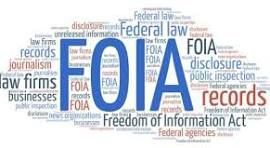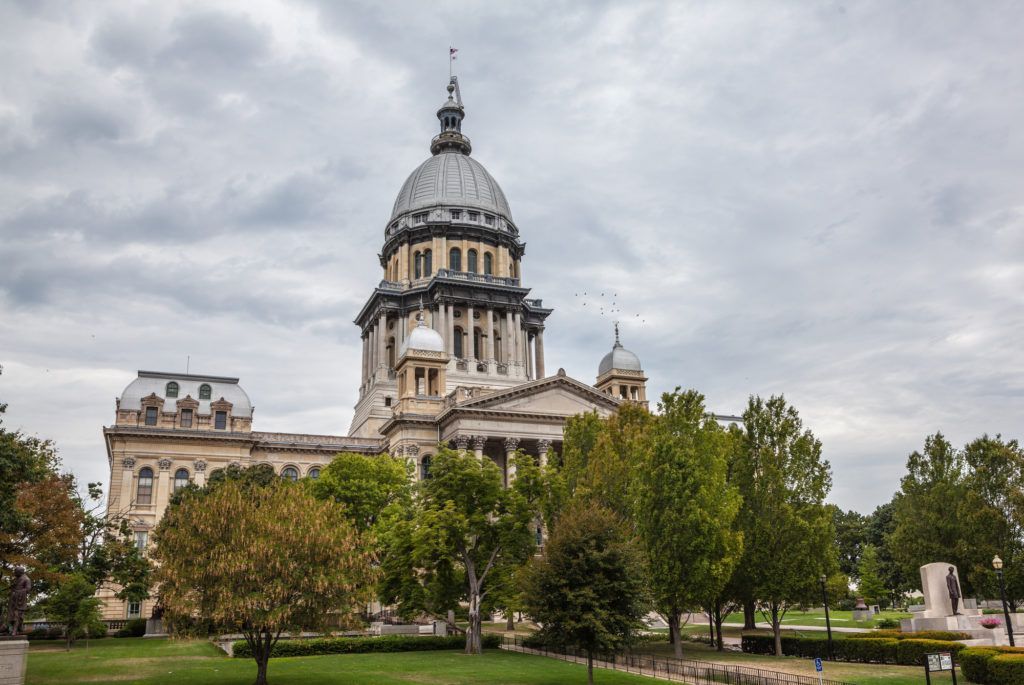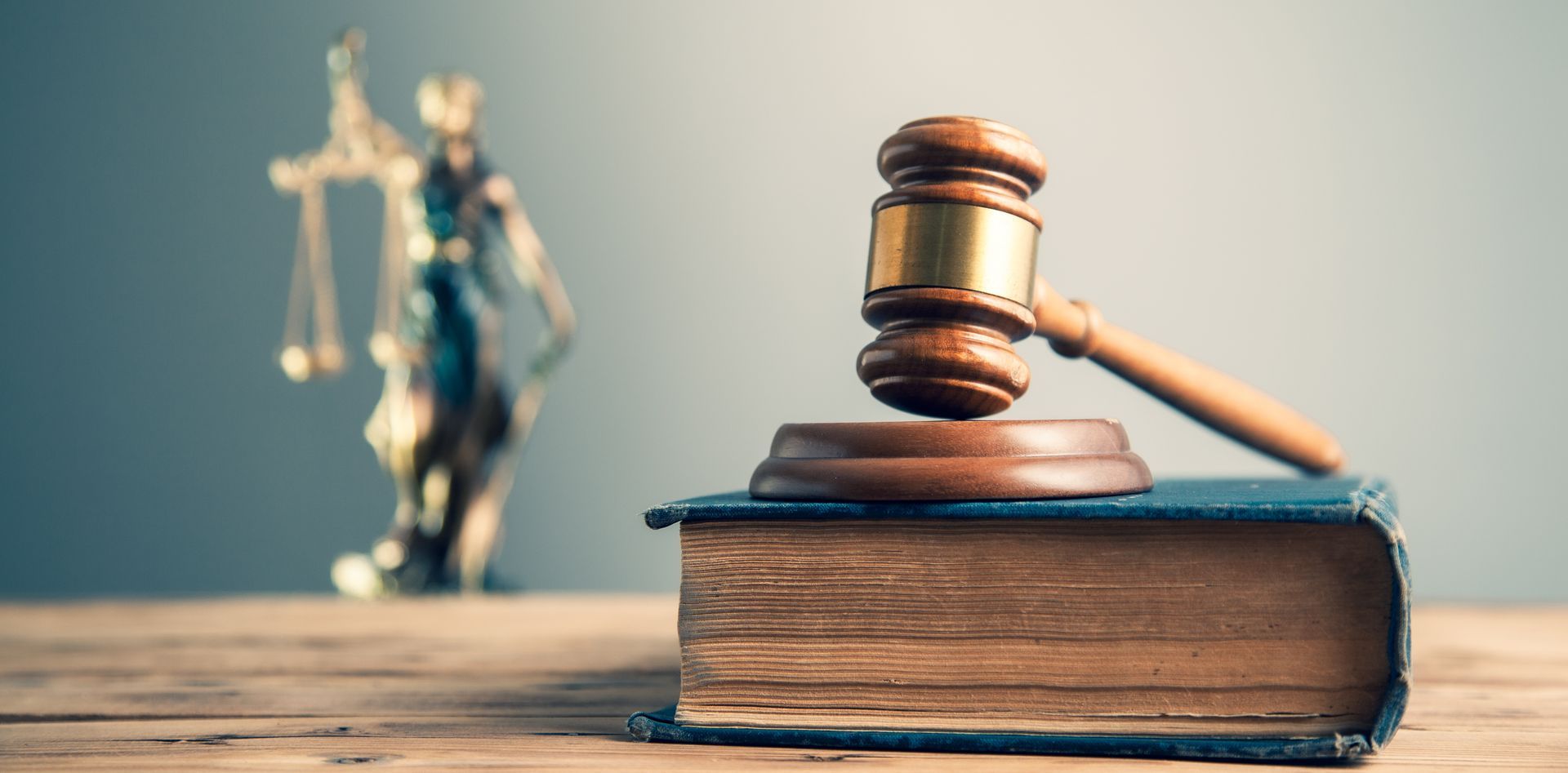
LEFT FIELD MEDIA STRIKES OUT AGAINST THE ADJACENT SIDEWALKS ORDINANCE
During the Cubs’ home opener in 2015, Chicago police patrol officer Elias Voulgaris […] The post LEFT FIELD MEDIA STRIKES OUT AGAINST THE ADJACENT SIDEWALKS ORDINANCE appeared first on Shapiro & Associates.

Photo is courtesy of Google Map
During the Cubs’ home opener in 2015, Chicago police patrol officer Elias Voulgaris observed Matthew Smerge, the editor of Left Field Media, LLC selling his magazine at the corner of Clark and Addison streets – the main entrance to Wrigley Field. For anyone that is not familiar with this intersection, during any home game, you will find a narrow gridlock of cubs’ fans making their way to and from the stadium. If you live in or near Wrigleyville, on game days, you know to avoid this intersection while driving at all costs since many fans are forced into these streets creating a traffic jam on Clark St.
Left Field Media, LLC publishes Chicago Baseball, a magazine that produces four issues over the course of a baseball season. Copies are sold for $2 outside Wrigley Field before the Chicago Cubs’ home games by Left Field’s vendors
On that day in 2015, Officer Voulgaris told Smerge to move across the street in order to comply with Chicago Municipal Code 4-244-140(b), which is commonly referred to as the “Adjacent-Sidewalks Ordinance” Section 4-244-140(b) forbids all peddling on the sidewalks directly adjacent to Wrigley Field. Smerge refused to move and was ticketed – strike one.
As a result, Left Field sued the City, seeking a preliminary injunction under 42 U.S.C. §1983, contending that the Adjacent-Sidewalks Ordinance violates the First Amendment. Unfortunately for Left Field, the district court denied its motion, just in time for the playoffs – strike two. The district court ultimately found that the Ordinance was justified because the streets adjacent to Wrigley Field are extremely narrow and during home games fans often walk in the streets creating unsafe conditions.
Subsequently, Left Field appealed to the 7th Circuit of Appeals. SeeLeft Field, LLC v. City of Chicago (7th Cir. May 23, 2016).
Contrary to the arguments in Left Field’s motion, the 7th Circuit first concluded that the Adjacent-Sidewalks Ordinance did not regulate speech, rather it regulated peddling. Upon further review of the Ordinance, the 7th Circuit determined that it was “content-neutral,” or nondiscriminatory, as the Ordinance regulates peddling without regard to what the peddler is selling.
Under a “content-neutral” approach, the City must show a “rational basis” for the Ordinance. In other words, the Court will uphold the Ordinance if it is rationally related to a legitimate purpose of the City. The Court held that the reasoning behind the Ordinance was to curtail peddler activity that delays entry in Wrigley Field and induces crowds from spilling into the streets. Thus, the City’s Ordinance passed the rational basis test. Therefore, the 7th Circuit upheld the district court’s denial of Left Field’s injunction request – strike three.
December 27, 2016
By: Justin A Silva
Attorney at Shapiro & Associates Law
View the article in your browser. Click here.
*Photo courtesy of Google Map
The post LEFT FIELD MEDIA STRIKES OUT AGAINST THE ADJACENT SIDEWALKS ORDINANCE appeared first on Shapiro & Associates.

CONTACT US TODAY
Contact Us
We will get back to you as soon as possible.
Please try again later.
LOCATION
570 Lake Cook Road, Unit 119
Deerfield, IL 60015
Shapiro & Associates Law | All Rights Reserved |
Created by Olive + Ash.
Managed by Olive Street Design.









